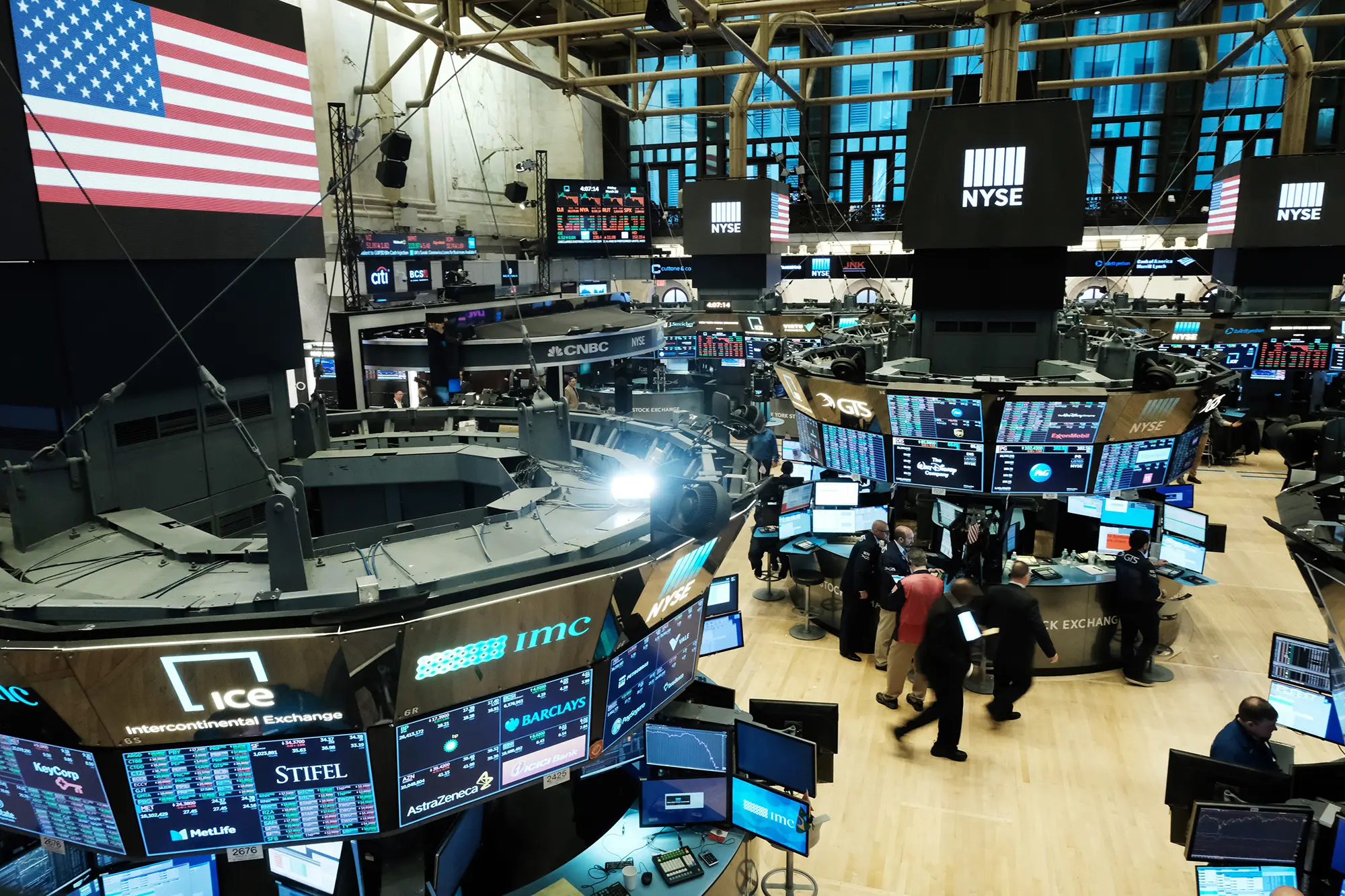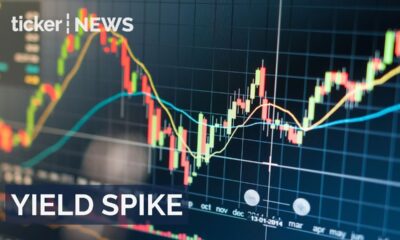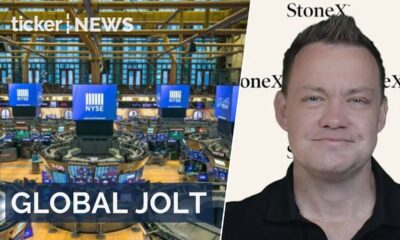Money
Don’t be fooled by Wall St, the U.S. is still heading for recession

Money
U.S. and China approve TikTok sale to American investors
US and China approve TikTok’s sale to Oracle and Silver Lake amid regulatory scrutiny, with ByteDance retaining 20%.
Money
Markets tumble as Trump tariffs, Greenland rhetoric and Europe backlash collide
U.S. stocks plummet over 800 points amid renewed tariff threats and political tensions from Trump, sparking global trade concerns.
Money
Gold hits record highs as investors flee risk
Gold surges amid global uncertainty, with February futures rising 1.71% to $4,674.20 per ounce, signaling safe-haven demand.
-



 Ticker Views3 days ago
Ticker Views3 days agoDOJ to charge Don Lemon under historic KKK Act
-



 Ticker Views2 days ago
Ticker Views2 days agoBacklash over AI “Indigenous Host” sparks ethical debate
-



 News3 days ago
News3 days agoOpenAI prepares first consumer device amid revenue boom
-



 Money4 days ago
Money4 days agoMarkets edge higher as 10-year yields hit new highs
-



 Ticker Views1 day ago
Ticker Views1 day agoMarket Watch: Greenland deals, Japan bonds & Australia jobs
-



 News4 days ago
News4 days agoNASA’s Artemis II launch: Argentina joins first crewed moon mission in 50 years
-



 Politics4 days ago
Politics4 days agoSupreme Court tariffs and Albanese approval drop: What you need to know
-



 News4 days ago
News4 days agoEU condemns Trump’s Greenland tariff threats: Trade tensions escalate






